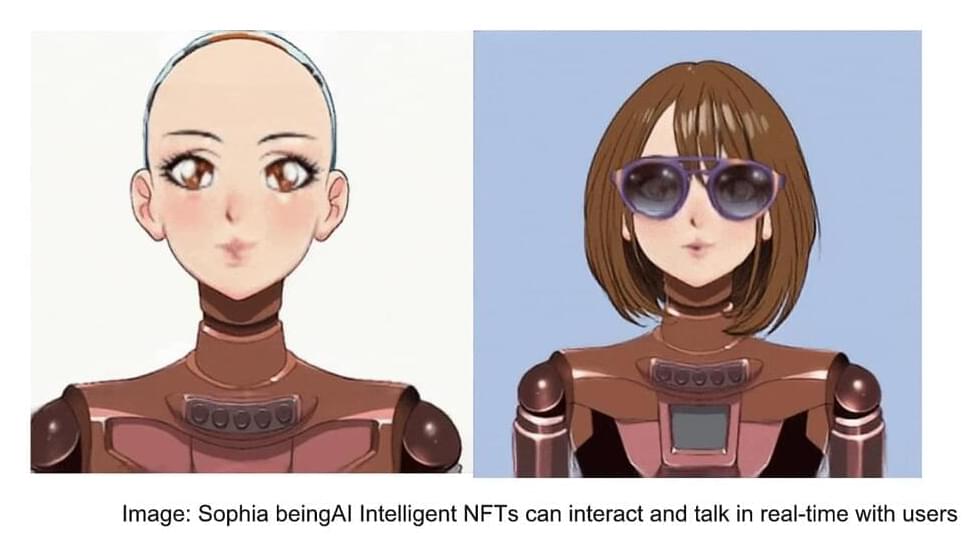✅ Instagram: https://www.instagram.com/pro_robots.
You’re on the PRO Robots channel and in this issue, on the eve of the New Year and Christmas, we’ve made a selection of non-trivial gifts for you. From high-tech, to simple but useful! See Top robots and gadgets you can buy right now for fun, usefulness, or to feel like you’re in a futuristic movie of the future. Have you started picking out presents for the New Year yet?
0:00 In this issue.
0:23 Robot vacuum cleaner ROIDMI EVE Plus.
1:13 CIRO Solar Robot Robot Kit.
1:46 mBot Robotic Constructors by Makeblock.
2:30 Adeept PiCar Pro Robotics Kit.
2:50 Adeept raspclaw Hexapod Robot Spider.
3:10 Copies of Spot and Unity robots.
3:20 Ultrasonic device for phone disinfection.
3:35 Projector for your phone.
3:54 Wireless Record Player.
4:15 Gadgets to Find Lost Things.
4:31 Compact Smart Security Camera.
4:50 Smart Change Jar.
5:11 Face Tracking Phone Holder.
5:27 Smart Garden.
5:53 Smart ring.
6:28 Smart Mug.
#prorobots #robots #robot #future technologies #robotics.
More interesting and useful content:
✅ Elon Musk Innovation https://www.youtube.com/playlist?list=PLcyYMmVvkTuQ-8LO6CwGWbSCpWI2jJqCQ
✅Future Technologies Reviews https://www.youtube.com/playlist?list=PLcyYMmVvkTuTgL98RdT8-z-9a2CGeoBQF
✅ Technology news.
#prorobots #technology #roboticsnews.





